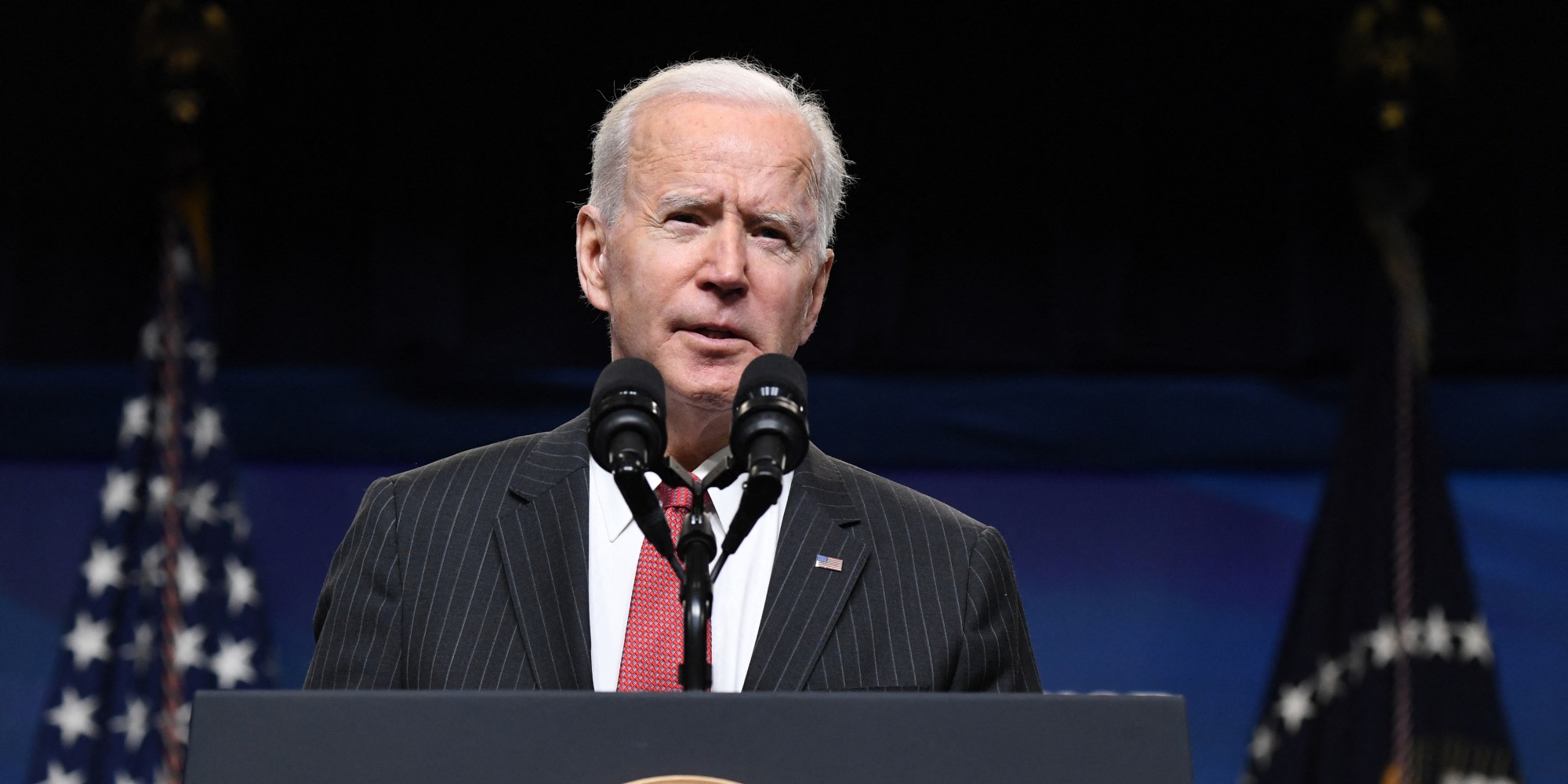Joe Biden recognized the Armenian genocide on Saturday, becoming the first president of the United States to qualify the death of a million and a half Armenians massacred by the Ottoman Empire in 1915. Immediate reaction of his Turkish counterpart Erdogan who has said his country had "no lessons to learn from anyone about its history."
Joe Biden recognized the Armenian genocide on Saturday, becoming the first President of the United States to qualify the death of one and a half million Armenians massacred by the Ottoman Empire in 1915. His Turkish counterpart Recep Tayyip Erdogan immediately reacted by denouncing "the politicization by third parties" of this debate, in a message addressed to the Armenian patriarch in Istanbul.
Turkey has "no lessons to receive from anyone on its history," said its foreign minister.
Armenian Prime Minister Nikol Pachinian for his part hailed a "very strong measure towards justice and historical truth" in a message on Facebook.
The Armenian genocide is recognized by more than twenty countries and by many historians but it is vigorously contested by Turkey.
>> READ ALSO
- "Armenian Genocide": Turkey condemns the establishment of a day of commemoration by Macron
"Americans honor all Armenians who perished in the genocide"
"Americans honor all Armenians who perished in the genocide that began 106 years ago today," Joe Biden wrote in a statement.
"We are affirming history. We are not doing this to overwhelm anyone but to make sure that what happened will never be repeated," he added.
The Democratic president, who had promised during his electoral campaign to take the initiative on this issue, informed his Turkish counterpart on Friday of his decision in a telephone conversation.
The two leaders agreed to meet in June on the sidelines of the NATO summit in Brussels.
On the phone with the Turkish head of state, the tenant of the White House expressed his desire to build a "constructive bilateral relationship", according to the brief American report which evokes the need for "effective management of disagreements" .
"We continue to see Turkey as a crucial ally"
It is about "honoring the victims, not overwhelming anyone", insisted an American official, on condition of anonymity.
"We continue to consider Turkey as a crucial ally within NATO," she added.
Without explicitly citing the United States, the Turkish president had sent a thinly veiled warning to Washington on Thursday.
During a meeting with advisers, he warned that he would continue to "defend the truth against those who support the lie of the so-called 'Armenian genocide' (...) for political ends."
Despite years of pressure from the Armenian community in the United States, no American president has so far dared to anger Ankara.
The US Congress recognized the Armenian genocide in December 2019 in a symbolic vote, but Donald Trump, who had fairly good relations with Recep Tayyip Erdogan, refused to use the word, speaking only of " one of the worst mass atrocities of the 20th century ".
Turkey recognizes massacres but rejects term genocide
Armenians estimate that a million and a half of theirs were systematically killed during World War I by troops from the Ottoman Empire, then allied with Germany and Austria-Hungary. They commemorate this genocide every year on April 24. Turkey, resulting from the dismantling of the empire in 1920, recognizes massacres but rejects the term genocide, evoking a civil war in Anatolia, coupled with a famine, in which 300,000 to 500,000 Armenians and as many Turks were killed .

